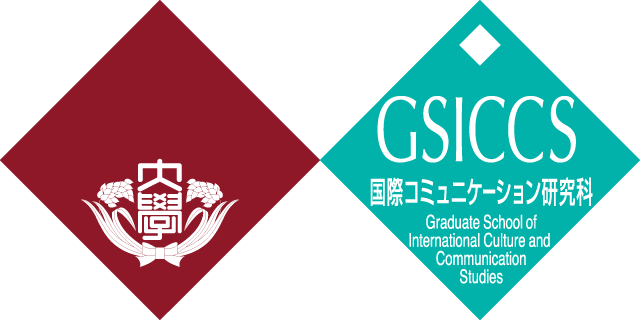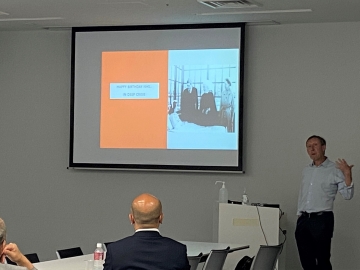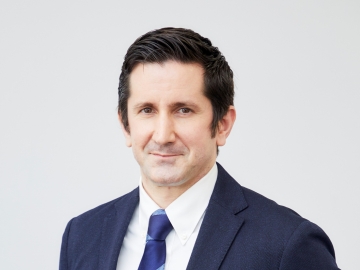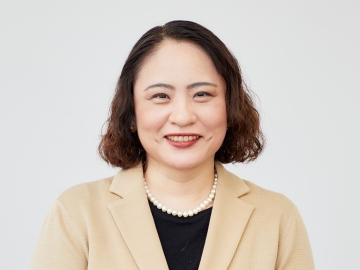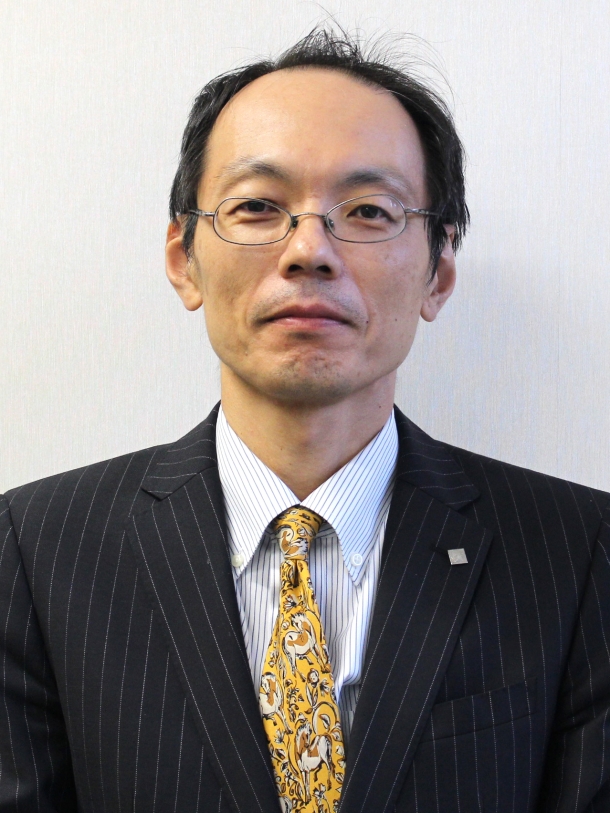
- Title:Professor
- Degree:Ph.D. in Comparative Literature (State University of New York at Buffalo)
- Directed Research:Culture and Translation
- Research Field:Postmodernism and American Culture
Biography
I received the M.A. and the Ph. D. degrees in comparative literature from the State University of New York at Buffalo.
I started teaching at the Faculty of Foreign Languages of Kyorin University, Tokyo, and moved to Waseda University in 2001. I, with the assistance of my colleagues, built the Graduate School of Culture and Communication Studies in 2013 and worked as founding dean for about six years.
I have been working on the topic of postmodernist culture and literature for more than twenty years. My major writer is Thomas Pynchon. I have also written about Herman Melville, Vladimir Nabokov, and Henry James intensively and extensively. In 2011, I wrote my first monograph on the topic of postmodernism and, then, I compiled, in 2014, an introductory book on Thomas Pynchon with a number of contributions made by leading Japanese Pynchon critics including Takayuki Tatsumi and Yoshihiko Kihara.
Recently, I have shifted to Asian American materials, and Vietnamese American culture and literature is my main focus. I have traced Vietnamese people’s exodus from Saigon to Orange County and other places in the United States. While their difficulties and hardships are hardly describable, I can say that a new hybrid culture which Vietnamese refugees have created in the United States is a good example of our globalization process and I find a number of possibilities in their work.
In 2020, I published two books, “The World of ‘Miss Saigon’” and “‘Little Saigon.’” The former is a close analysis of a West End musical “Miss Saigon,” a story of a tragic love between an American GI and a Vietnamese woman, full of war episodes; the latter is about emerging Vietnamese American art and culture of the so-called 1.5 generation and the second generation refugees. Make access to my work on Dinh Q. Lê, the leading Vietnamese American media artist, if you are interested in this latest trend of American cultural and ethnic studies: <http://www.jaas.gr.jp/jaas/2017/Takashi%20Aso.pdf>.
Major Works / Publications Awards
https://w-rdb.waseda.jp/html/100000483_en.html
Directed Research
American Culture has contributed to the formation of the so-called “global culture” since the end of World War II. This, I argue, is because the United States has been very influential over the world with its military and economic power and, therefore, exerted soft power extensively over other countries and nations. Naturally, some critics say that global culture is American culture and that globalization is the process of Americanization. In fact, it is not only non-U.S. culture but also American culture itself that undergoes radical changes under the process of globalization, since American culture, however dominant it might be, has to change itself when it collides and negotiates with another culture.
In this course, we want to draw attention to this process of cultural collision and negotiation so that we would analyze the ways in which culture changes. We also want to focus on the process of cultural hybridization and/or cultural translation where two or more cultures mix with each other.
